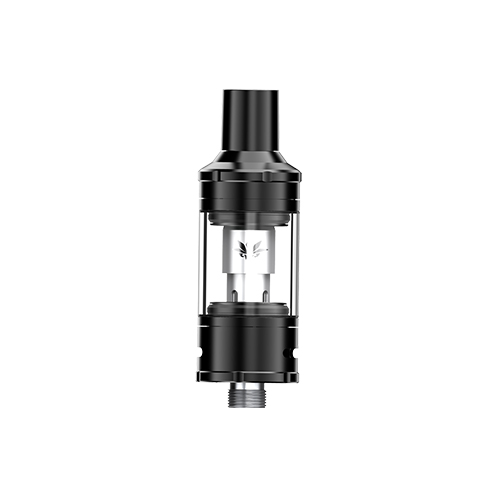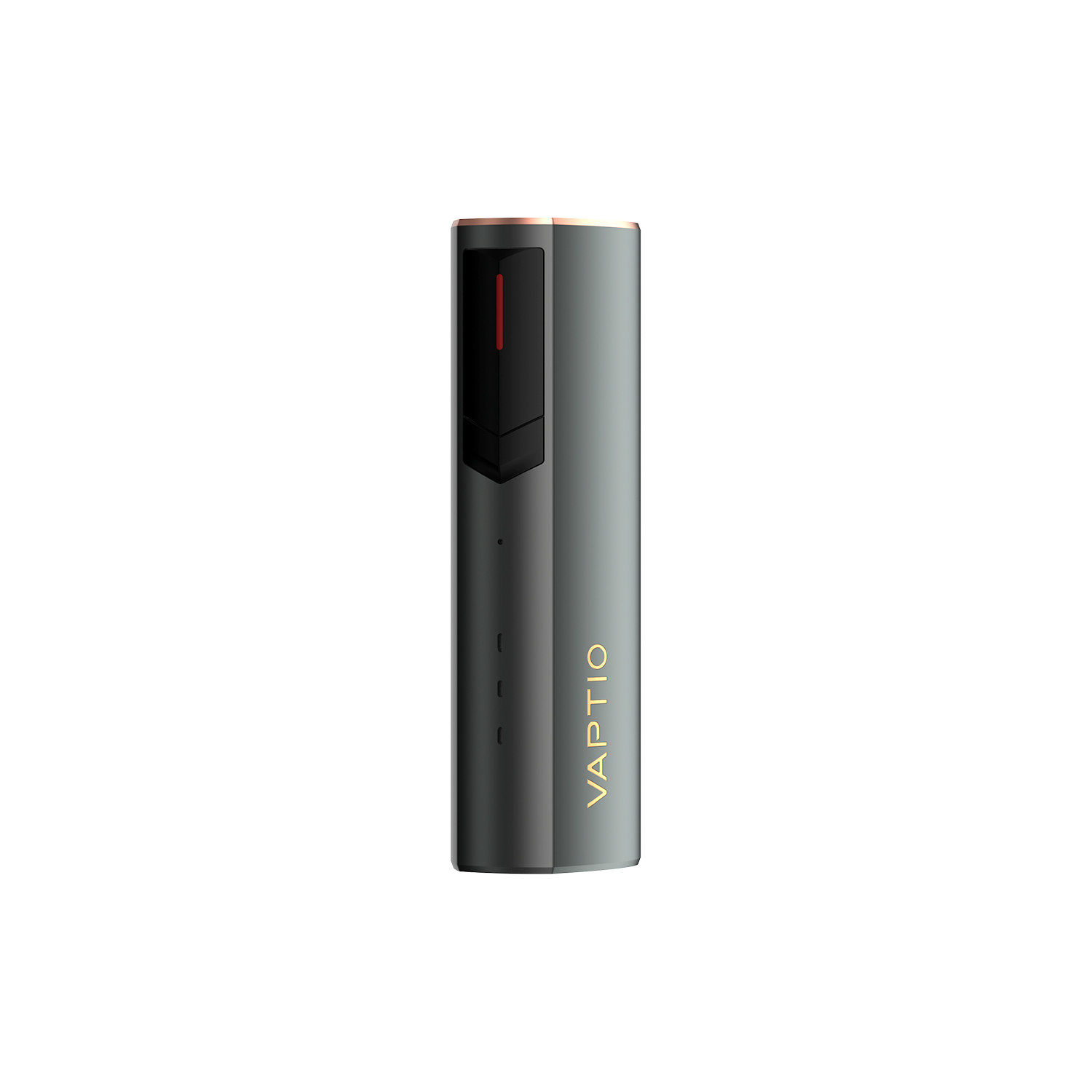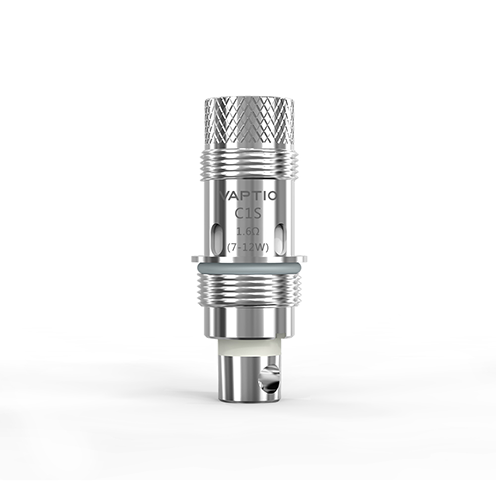“The WHO doesn’t hide the fact that its work has been funded by Bloomberg Philanthropies,” IEVA (1) says. “But with Bloomberg himself known to have taken a hostile stance on vaping despite the evidence, should the world rely on a report funded by his organisation in order to make policy?”
IEVA references the criticism Bloomberg Philanthropies has received as it attempted to subvert the democratic process in Philippines. In the end, The Philippines’ House of Congress forced its Food and Drug Administration to return the secretive payments it had received from billionaire Bloomberg’s underlings.
“Science-based evidence, not marketing, should guide [government] actions,” said the head of the WHO’s Tobacco Control arm, Adriana Blanco Marquizo in the report’s foreword.
IEVA said: “The problem with this statement is that independent research conducted over the last decade already has shown the real risk profile of vaping and has concluded that it is significantly less harmful than smoking.
“The report alludes to claims and research from the tobacco industry that vaping is less harmful should be treated with caution. But surely WHO cannot suspect that the Royal College of Physicians – the largest medical association in the UK – is a mouthpiece for the tobacco industry? It has agreed with Public Health England, a UK government body, that vaping is around 95% less harmful than smoking based on the totality of the scientific evidence it reviewed; none of which was funded by the tobacco industry.
“If independent scientific evidence is so important to WHO, then why will the Organisation not recognise it?”
IEVA continue to state that the WHO is attempting to present the debate over tobacco control and harm reduction as industry shills against their white knight independent experts. This false proposition has only served to anger genuinely independent researchers and experts who are being ignored, side-lined, or maligned.
“WHO must stop spreading fake news and start with scientific information,” wrote Dr Riccardo Polosa, professor of respiratory medicine and vape research expert.
Lindsay Stroud, writing for Inside Sources, said: “This latest report is full of both alarmism and misleading information. Just six pages in and the WHO purports ‘[c]hildren and adolescents who use [e-cigarettes] can double their risk of smoking cigarettes.’ There is zero evidence to support this.”
IEVA say that it’s clear the WHO report chooses its science carefully, in order to suit its ideologically driven narrative. Dustin Dahlmann, President of IEVA, said: “Every year, eight million people worldwide die as a result of tobacco consumption. That is eight million people too many. The efforts of the WHO have not changed this stark reality. Many experts see vaping as a great opportunity to help more smokers improve their health and make better choices. It makes for the WHO to attack this. If they are really concerned with people’s health, they should recognise the scientific evidence of tobacco harm reduction and realign its strategy.”
News from:https://www.planetofthevapes.co.uk/news/vaping-news/2021-08-05_ieva-responds-to-who-report.html

















